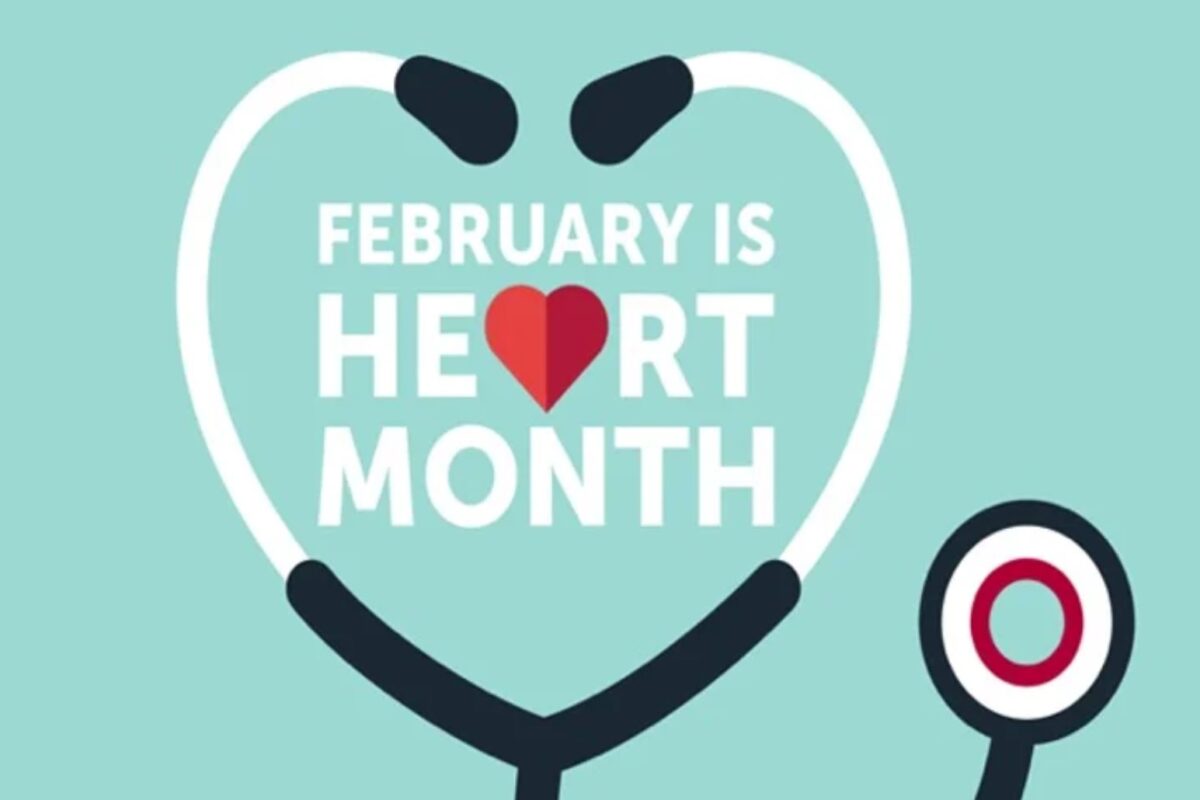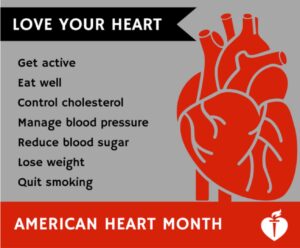
- Since 1963, February has been celebrated as American Heart Month to urge Americans to join the battle against heart disease. Since 2004, February has also been the signature month for the American Heart Association’s Go Red For Women campaign with their message that heart disease is not only a man’s problem. HOCC also dedicates our annual February program to “Matters of the Heart” to help raise awareness for all women about heart disease as the leading cause of death for African American and white women in the United States – or about 1 in every 5 female deaths.
More than 60 million women in the United States are living with some form of heart disease and it is the leading cause of death for women in the U.S., according to the CDC. As the nation’s number one health risk we encourage everyone to take control of their heart health by living a healthy lifestyle, to help keep your blood pressure, cholesterol, and blood sugar levels normal and lower your risk for heart disease and heart attack. Given that high blood pressure, high blood cholesterol, and smoking are key risk factors for heart disease it’s also important to know there are several other medical conditions and lifestyle choices that can also put people at a higher risk for heart disease, including: Diabetes, overweight and obesity, unhealthy diet, physical inactivity, and excessive alcohol use.
It’s not always easy to make heart-healthy changes – lifestyle changes, but now that you know, you can take several steps to help reduce your risk for heart disease. Remember, your heart gives you power. With a healthy heart, you can do more of what you love. We are not suggesting that it’s easy to break old habits or make healthy changes but we are encouraging you to take a step – maybe two in February to kick off this heart health month. So start small, live big — take steps for better heart health today!
Below check out some of the various resources that may help you get started from the Heart-Healthy Steps Campaign and other websites for prevention strategies.
https://millionhearts.hhs.gov/partners-progress/partners/alliance-campaign-toolkit.html
https://hearthealthysteps.org/get-motivated/

